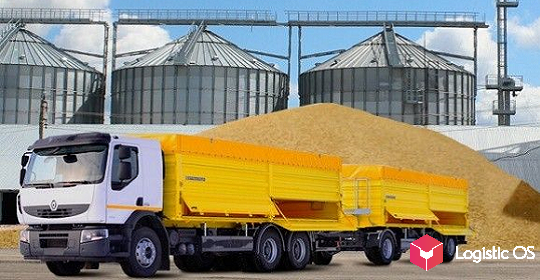On August 12, China closed the Meishan terminal, one of the most important terminals in the Ningbo-Zhoushan port.
This means that now this port will work at least 25% slower.
The reason for the closure is simple — the coronavirus. At the same time, there are only one sick person, but the Chinese authorities decided to play it safe.
The date when the terminal will resume its work is still unknown.
Such a decision could have very negative consequences, considering that the port of Ningbo is the third largest in the world in terms of cargo turnover .
Experts fear that the situation could escalate again:
Closing the terminal will decrease the speed of the port.
This, in turn, will cause significant queues of ships for loading and unloading.
As a result, there are significant delays in the delivery of consignments.
Something similar happened in the spring, when China’s Yantian port in Shenzhen was closed. Among other things, this has led to a rise in freight prices to their highs.
What could be the consequences of the partial closure of the Chinese port?
Now, towards the end of the year, this could be particularly unpleasant.
After all, the world is already beginning to prepare for the Christmas holidays — including the increasing volume of orders for a variety of goods.
Therefore, any disruptions in logistics, and especially of such a scale, will be most inopportune.
At present, about 140 ships await their turn in the ports of Shanghai and Ningbo, which is 60 more than a month ago.
Although the Ningbo authorities assure that ships are promptly redirected to other ports, in practice we see a completely different picture.
Traffic congestion on the roads leading to Shanghai and Hong Kong is also growing.
“We see that the gap is growing, and the workload is getting worse. Port outages are completely interconnected.
If you buy goods that originate or move through China, you need to lengthen the lead time or find another source of supply, ”said Don Tiura, general manager of the logistics industry’s supply chain association.
So far, no one knows how to get out of the current difficulties.
Some companies, in order to level their risks, have already begun to put restrictions due to COVID-19 in their insurance.
But this still will not solve all the problems, and there is every reason to fear that the logistics collapse could happen again — as in 2020, when due to the pandemic, the movement of some goods was paralyzed for months.
Therefore, today, when ordering any goods with delivery from China, it is advisable to prepare yourself for possible delays — and even very large ones.

